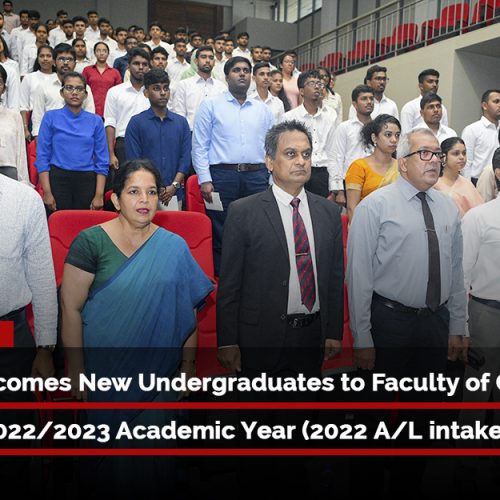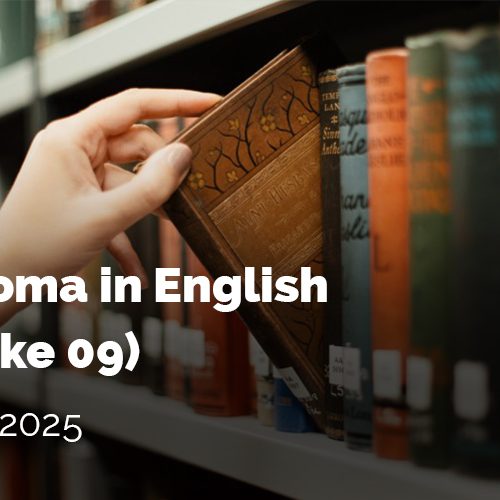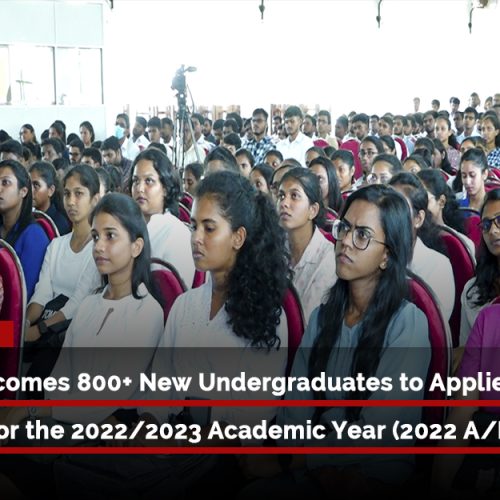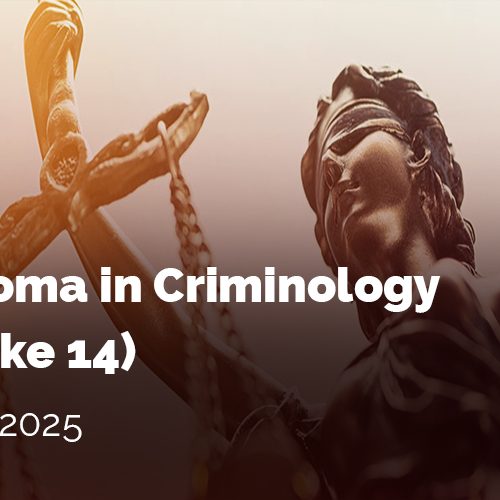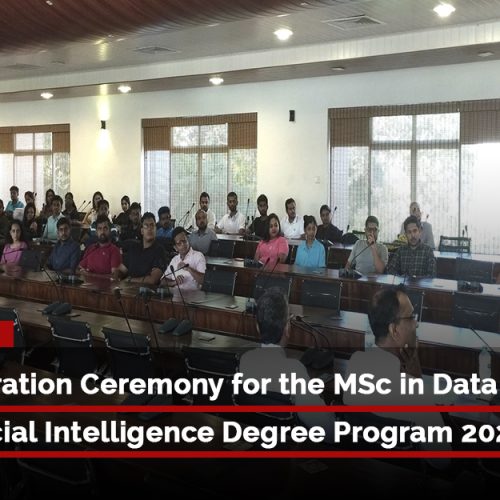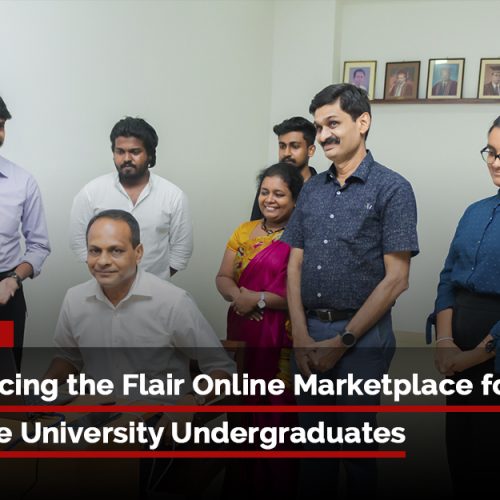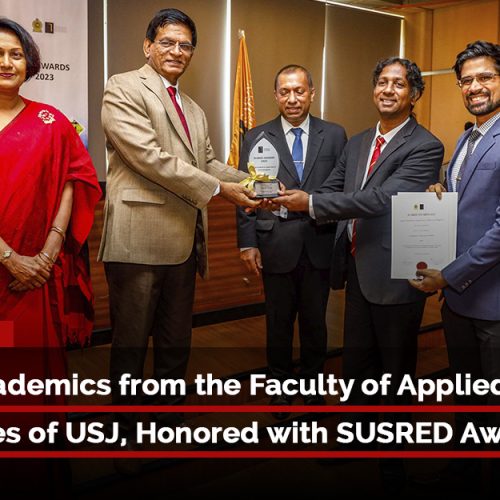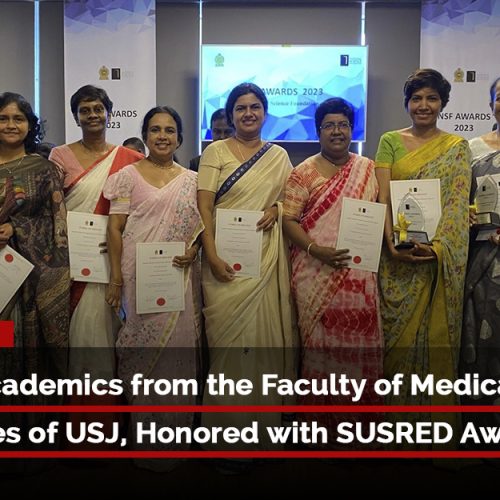Prof. Rohan Samarajeewa, Former Director General of Telecommunications in Sri Lanka, Mr. Anuruddha Pradeep Karnasuriya, Senior Lecturer, Department of Political Science, University of Sri Jayewardenepura and Prof Narada Warnasuriya, Former Vice Chancellor University of Sri Jayewardenepura joined for a dialogue on Private and State Universities at the recently held International Industrial Mathematics Conference 2016, organized by the Department of Mathematics, University of Sri Jayewardenepura.
Prof. R. Samarajeewa presenting his ideas on this dialogue at first proposed the idea that the existence of private universities was a credible idea. In order to validate this ideology, he used economic theories and pointed out that even though the university is a service sector organization and the using of such theories may be considered invalid; even companies like Google and Facebook which are also seen under the same light use such theories to determine their progress and existence as economic entities. He further pointed that this was no reason for any party to consider it a harming of reputation.
Prof. Samarajeewa mentioned that the primary output of a university is the credential it offers while skills are seen as the secondary product. He then moved onto saying that equity throughout history has been better served with user fees and that the quality of this current education dissemination is problematic since even though the degree meets its primary requirement of being credible, there has been a drop in terms of the admission of those considered elite and educated in society thus posing a concern worth notice. He therefore pointed out that external pressure in terms of competition and alternate suppliers are necessary and brought about the example of the telecommunication industry as an example to further validate his argument.
Adding onto this line of thought, Mr. Karnasuriya began his discussion by pointing out that state universities of Sri Lanka are in essence created with the aim of providing students with their first degree and that university rankings are based on the grounds of Post- graduate facilities, therefore making the opinion that State universities are of lesser quality, null & void. He then moved onto saying that the reason employment for state university students is lacking is perhaps because they do lack in skills however that it is not the entire scenario. He mentioned that it is because Sri Lanka does not have a stable economy with a growth rate that supports a developed industrious atmosphere which could in return support such a caliber of education. He said that the fact that graduates are unemployed is not a concern for just the universities, but it also should be a concern for the ministry of Economic Development.
Mr. Karnasuriya further explained that the market economy has its limitations, in this case since we all expect the best service for the lowest rate; therefore it is the substance that matters. In terms of the health care sector, he pointed out that what we look for is the certificate granted by the Sri Lanka Medical Council. He therefore questioned if such an important sector could be shoved into the market. He went on to saying that none of the developed countries tolerate private higher education institutions which aims at profit and was under the strong opinion that higher education should not be privatized.
Agreeing with Mr. Karnasuriya, Prof. Narada mentioned that what Prof. Samarajeewa pointed out was more of a mercenary/commercialized analysis over an economic one and refuted his arguments one after another. He also mentioned that a university would provide education, skills and a credential which would be used during different instances accordingly. He further explained that using employability as the sole indicator for quality is certainly not scientific. The “public good concept” of education he said was rejected by Prof. Samarajeewa and said that it was a social commodity wherein the public value is high. This forum concluded with an open discussion with all participants.
watch the video :


